Russia deplores state of relations with EU
The Russian foreign minister says the current state of the relations between Russia and the European Union (EU) is “deplorable,” regretting the fact that the bloc’s policy is aimed at restraining Moscow.
Foreign Minister Sergei Lavrov made the remark at a joint press conference with his Austrian counterpart, Alexander Schallenberg, in Vienna on Wednesday, saying that contacts between Moscow and Brussels had degraded to the lowest level, the TASS news agency reported.
“We paid particular attention to developments on the European continent, including the deplorable situation in relations between Russia and the European Union. Contacts with Brussels have been reduced to a minimum as a result of the EU’s policy aimed at containing Russia,” Lavrov said.
Relations between Moscow and the EU have been deteriorating since 2014, when the then-Ukrainian territory of Crimea voted in a referendum to fall under Russian sovereignty. The EU refused to recognize the referendum results and imposed sanctions on Moscow.
Furthermore, the EU, as well as Ukraine and the US, claim that Russia has a hand in an ongoing conflict that erupted in the Donbass region of Ukraine between government forces and ethnic Russians in 2014. The West imposed sanctions on Russia after accusing it of interfering in the conflict. Moscow denies that allegation.
“For our part, we expressed readiness to boost pragmatic dialog with the European Union and its member states based solely on equality and mutual respect, and search for agreements in areas of mutual interest,” Lavrov further said.
Elsewhere in his remarks, the Russian top diplomat said that opposition blogger Alexei Navalny, who had been mentioned by Schallenberg at the presser, was serving his sentence for economic crimes.
Navalny claimed he was poisoned in Russia by the Russian government last year, an accusation that Moscow rejected as baseless. He was immediately flown to Germany for alleged treatment. When the German government repeated the claim of poisoning, Russia offered to cooperate in an investigation and asked for a review of the relevant biomaterial, which Berlin then denied to grant. The German government has not produced any evidence to this day.
Moscow, which continues to reject the allegation, says the case is made up and the West is exploiting it for political reasons and as a pretext to impose more sanctions against Russia.
Navalny later returned to Russia and was detained for violating the terms of a parole in an earlier financial corruption conviction.
“As for Navalny, our Western colleagues have stopped talking about the need to complete the investigation into his so-called poisoning,” Lavrov said.
“I won’t list all the inconsistencies and contradictions related to this issue. I would just urge all who seek the truth to have a look at the German government’s official responses to a [Russian] parliamentary request [for evidence]. The responses were made public a couple of months ago, I think, at a Bundestag session. There are protocols, go read them, it’s very interesting,” he added.
However, Lavrov stressed that Moscow was ready to develop a mutually beneficial and respectful dialog aimed at resolving differences with Brussels despite the deterioration in relations in recent years.
Pezeshkian calls for mass turnout in February 11 rallies to defy foreign pressure
Leader grants pardons, sentence reductions to more than 2,000 convicts
VIDEO | Thousands protest in Australian cities against Israeli President Herzog’s visit
#IR47: Iran’s tourism boom since 1979 Islamic Revolution, driving economy, generating jobs
Palestinian activist in ICE detention 'missing' after medical emergency
Any enemy miscalculation will be met with ‘unprecedented’ response: Iran army chief
VIDEO | Press TV's news headlines
Hamas urges mediators to curb Israel’s violations of Gaza ceasefire


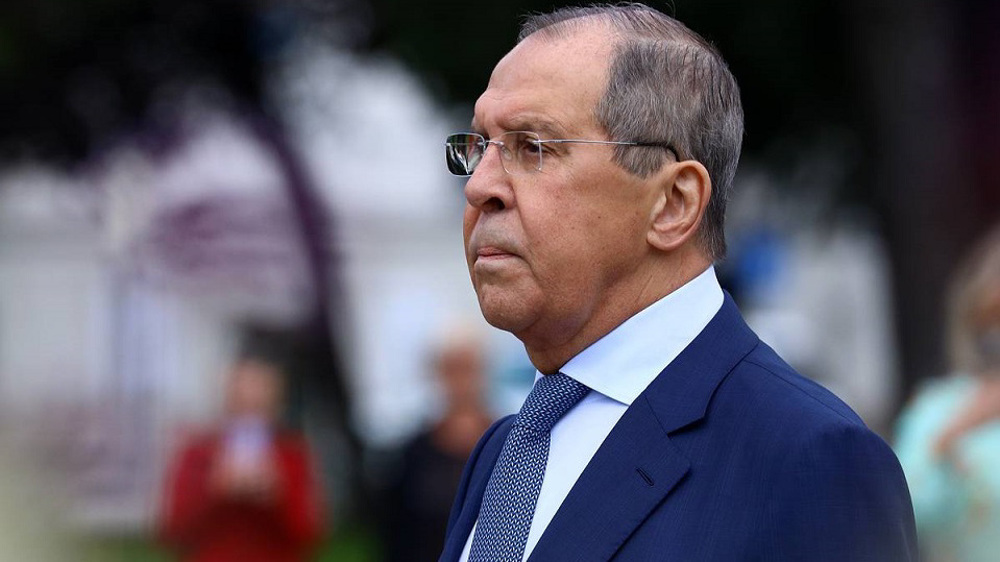
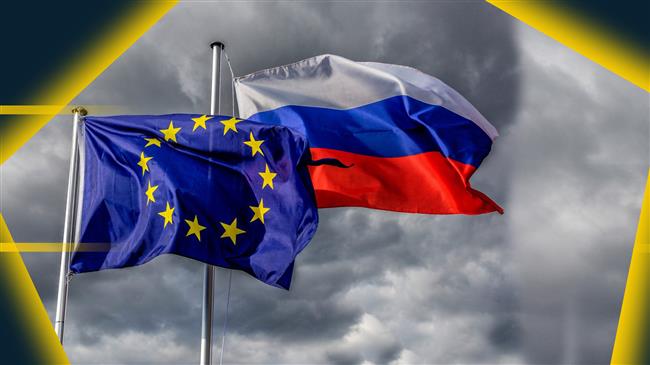
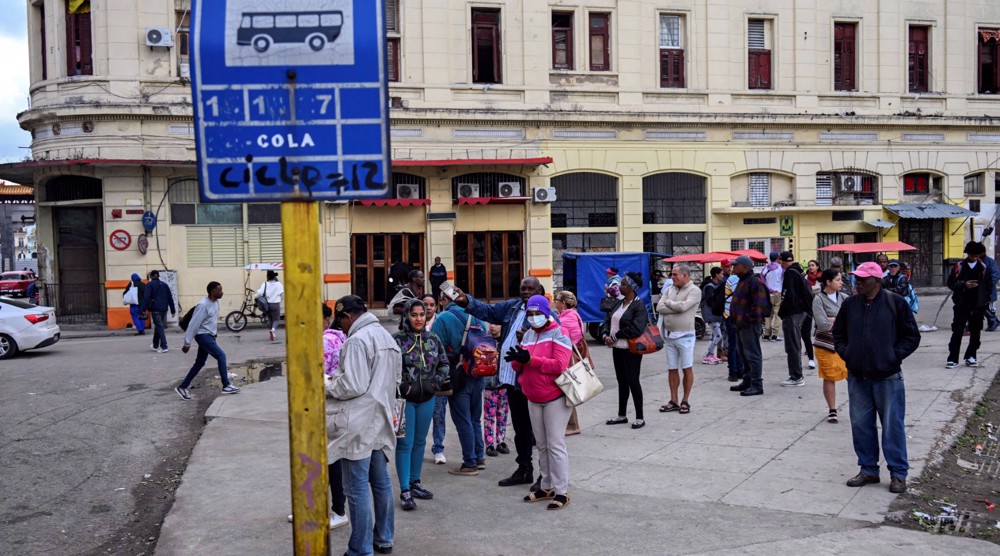
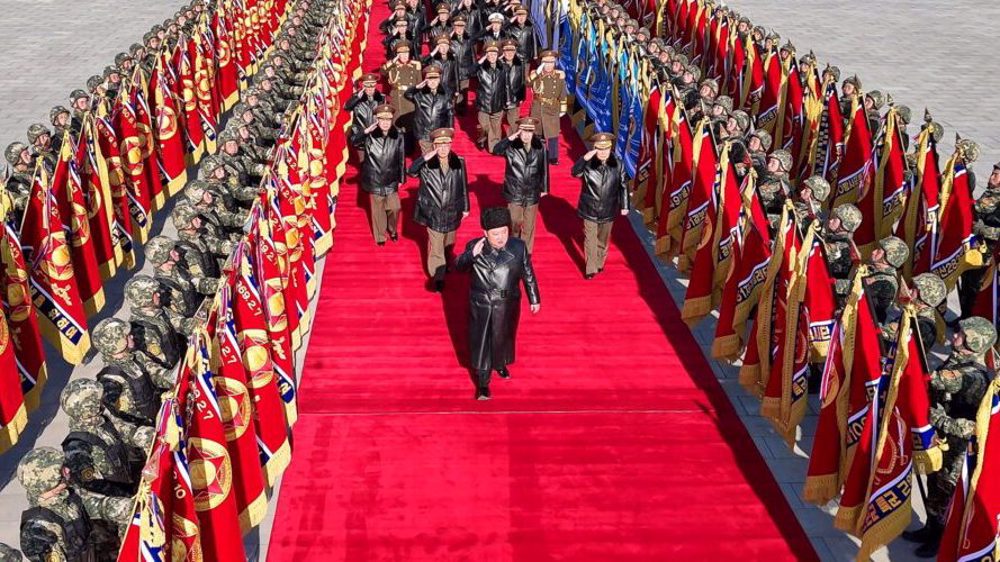
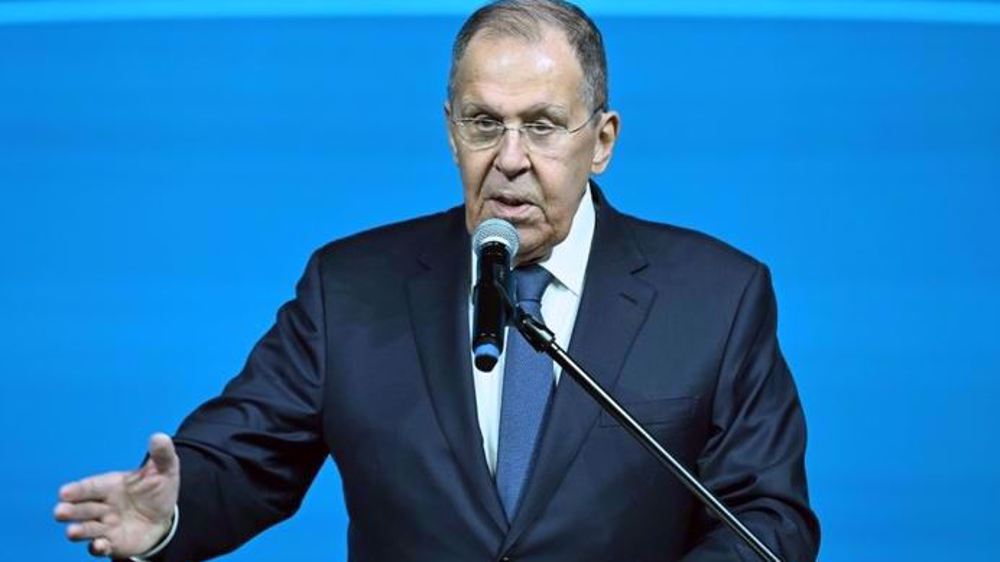



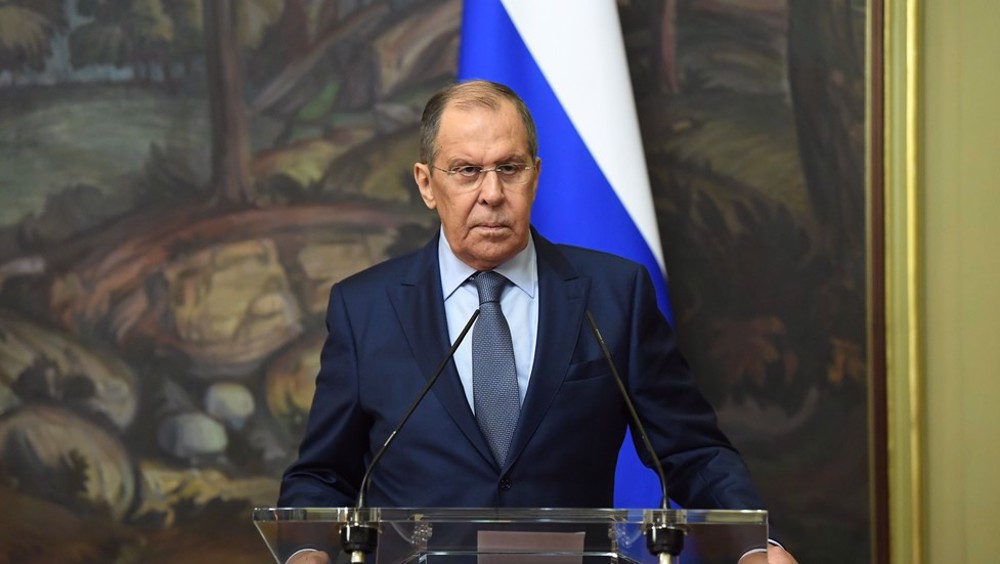
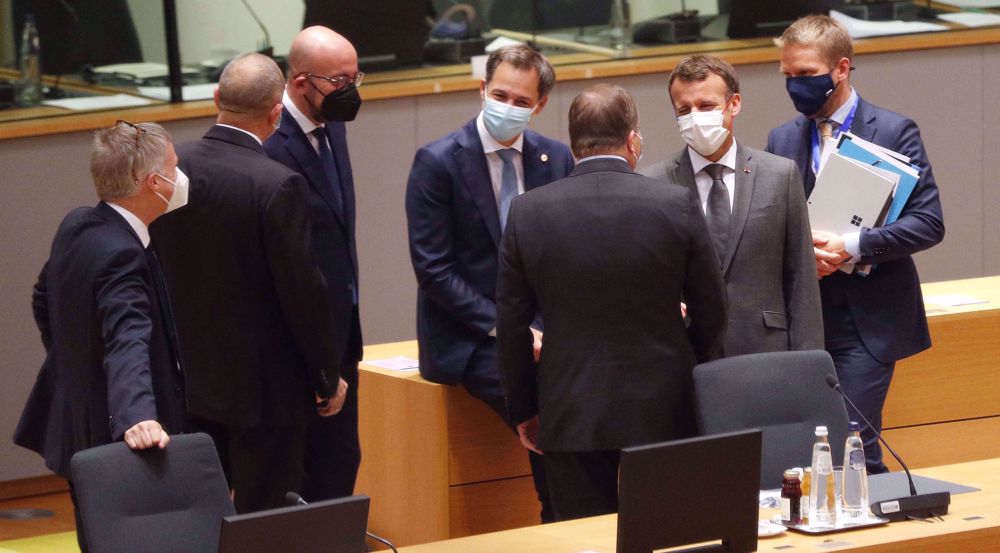

 This makes it easy to access the Press TV website
This makes it easy to access the Press TV website